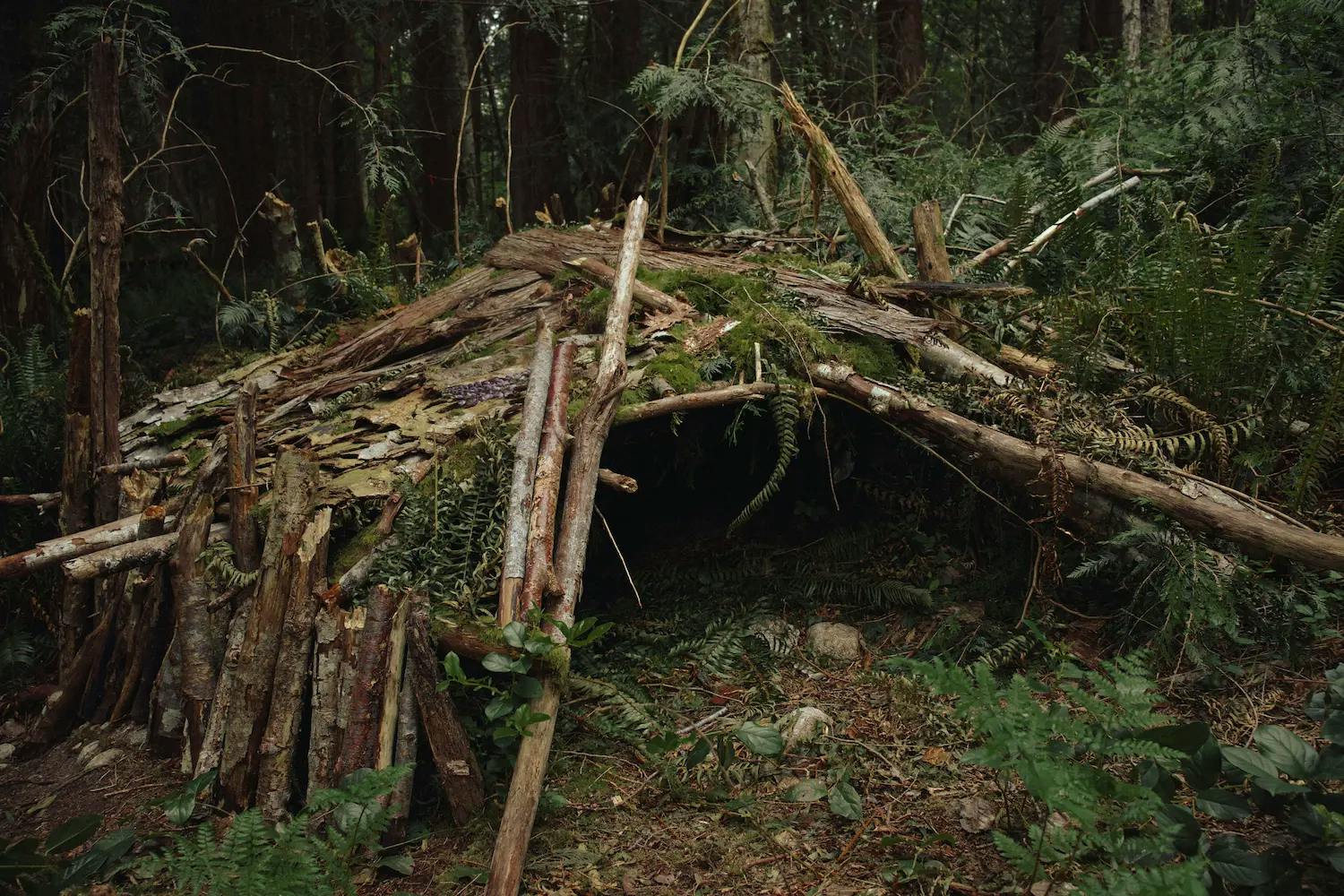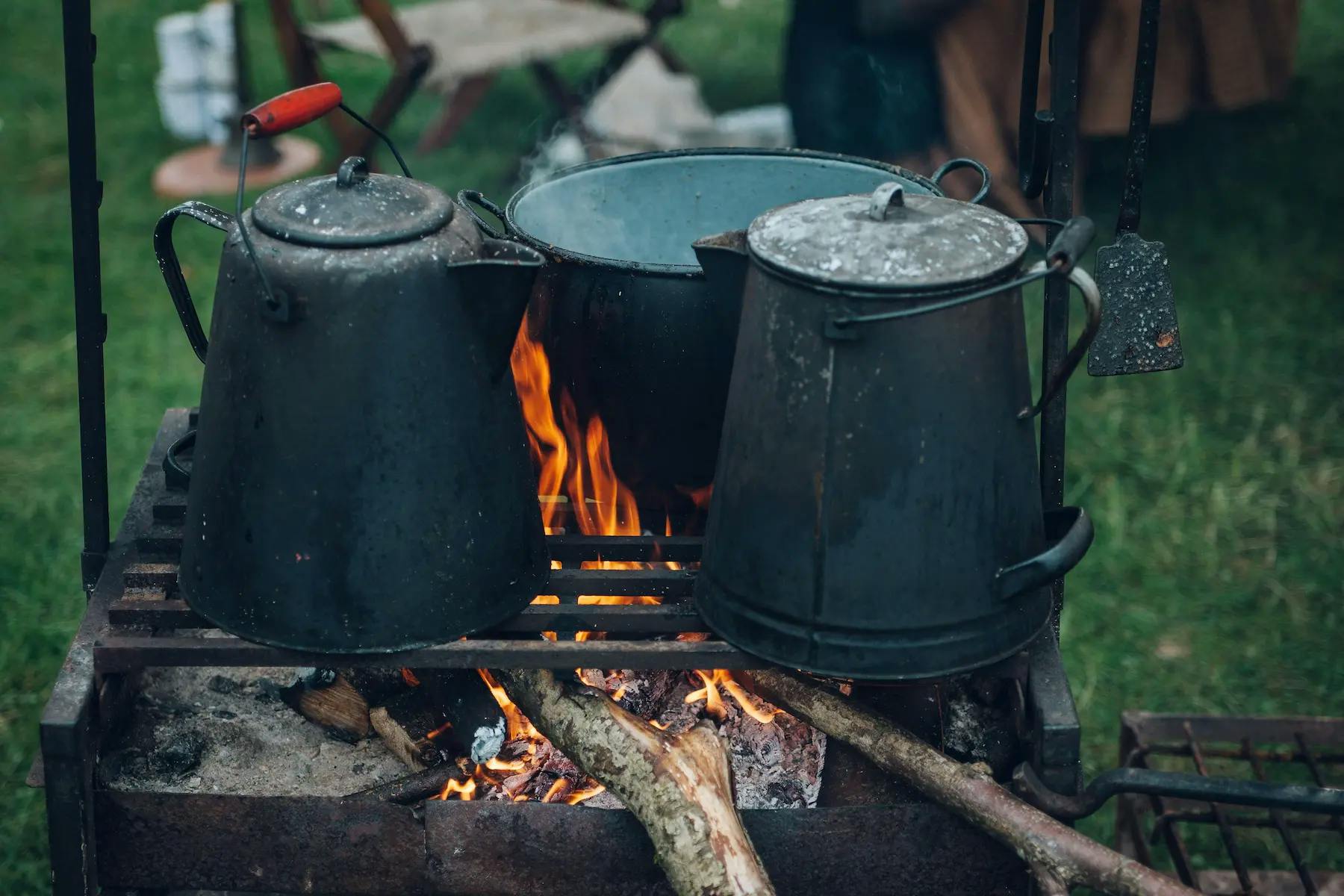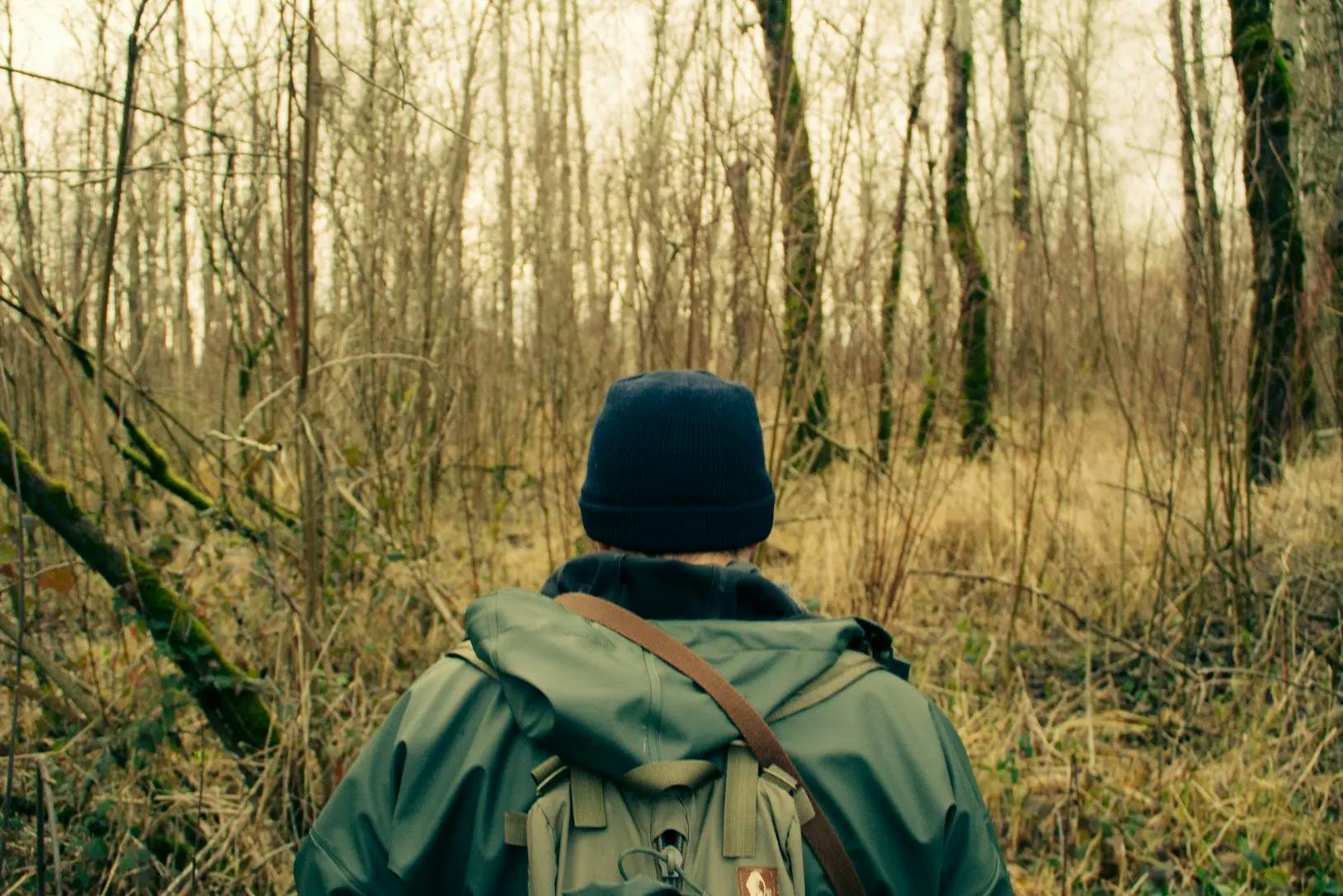Pros and Cons of Relocating for a Better Lifestyle
- Published on
When it comes to survival, prepping, and camping, one of the big decisions some individuals and families face is whether to relocate for a better lifestyle. It's a question that can pose as both exciting and daunting, as it involves weighing the pros and cons of leaving behind your current environment for the promise of something better. In this post, we'll delve into the various factors to consider when contemplating such a move, exploring the potential advantages and disadvantages of relocating for a better lifestyle.
The Pros
-
Improved Access to Natural Resources: Relocating to an area with abundant natural resources can greatly enhance your ability to live off the land. Whether it's access to fresh water sources, fertile soil for gardening, or an abundance of wild game for hunting, moving to an area rich in natural resources can significantly bolster your self-sufficiency and overall preparedness.
-
Lower Cost of Living: In some cases, relocating to a different region or country can result in a significantly lower cost of living. This can free up funds that can be allocated towards building an emergency fund, stocking up on essential supplies, or investing in sustainable living infrastructure such as solar panels or a water filtration system.
-
Community and Support Networks: A move to a new location may present an opportunity to connect with like-minded individuals who share your passion for survival and preparedness. Being part of a supportive community can provide valuable knowledge sharing, skill building, and a sense of security in knowing that you're not alone in your commitment to readiness.
-
Safety and Security: A key aspect of prepping is ensuring the safety and security of yourself and your loved ones. Relocating to an area with lower crime rates, less exposure to natural disasters, or a more stable geopolitical climate can offer a greater sense of security and peace of mind.
-
Health and Well-being: A better lifestyle often encompasses improved access to healthcare, cleaner air and water, and opportunities for outdoor activities. Relocating to an area that prioritizes health and well-being can contribute to a higher quality of life and increased resilience in challenging times.
The Cons
-
Disruption and Adjustment: Relocating involves uprooting your life, which can be emotionally and logistically challenging. It requires adapting to a new environment, establishing new routines, and building relationships from scratch. This disruption can be particularly taxing for individuals with strong ties to their current community.
-
Financial Costs: Moving to a new location incurs various expenses, including the cost of transporting belongings, finding new accommodation, and potentially dealing with fluctuations in income. It's important to carefully consider the financial implications of a move and ensure that it aligns with your long-term financial goals.
-
Unforeseen Challenges: Every location comes with its own set of unique challenges, whether it's extreme weather patterns, environmental hazards, or local regulations that may impact your lifestyle choices. Conducting thorough research and visiting potential relocation areas beforehand can help uncover any potential obstacles that may not be immediately apparent.
-
Loss of Support Systems: Moving away from friends, family, and established support networks can leave individuals feeling isolated, especially during times of crisis. It's important to consider the impact of such a loss and to proactively seek out or build new support systems in the intended relocation area.
-
Cultural Adjustment: Relocating to a new region or country may involve navigating unfamiliar cultural norms, languages, or societal dynamics. Integrating into a new community and understanding its nuances can be a continuous process that requires patience and an open mind.
The Last Word
Ultimately, the decision to relocate for a better lifestyle is a deeply personal one that requires careful consideration of the numerous factors at play. It's essential to weigh the potential advantages and disadvantages, conduct thorough research, and, if possible, visit prospective relocation areas to gain firsthand experience. Moreover, consulting with individuals who have undergone similar relocations or seeking guidance from professionals in the field can provide valuable insights to inform your decision-making process.
In the realm of survival, prepping, and camping, the choice to relocate for a better lifestyle holds significant implications. Whether it's the pursuit of self-sufficiency, the desire for a safer environment, or the quest for a more resilient community, the decision to move carries both risks and rewards. By carefully assessing the pros and cons outlined above, individuals and families can make informed choices that align with their long-term preparedness goals and aspirations for a better lifestyle.
For further insights and guidance on relocation considerations within the context of survival and prepping, check out this guide exploring strategies for finding and assessing potential relocation areas. Additionally, if you're interested in learning more about establishing a self-sufficient lifestyle in a new location, the resources provided by The American Preppers Network can offer valuable information and support.



